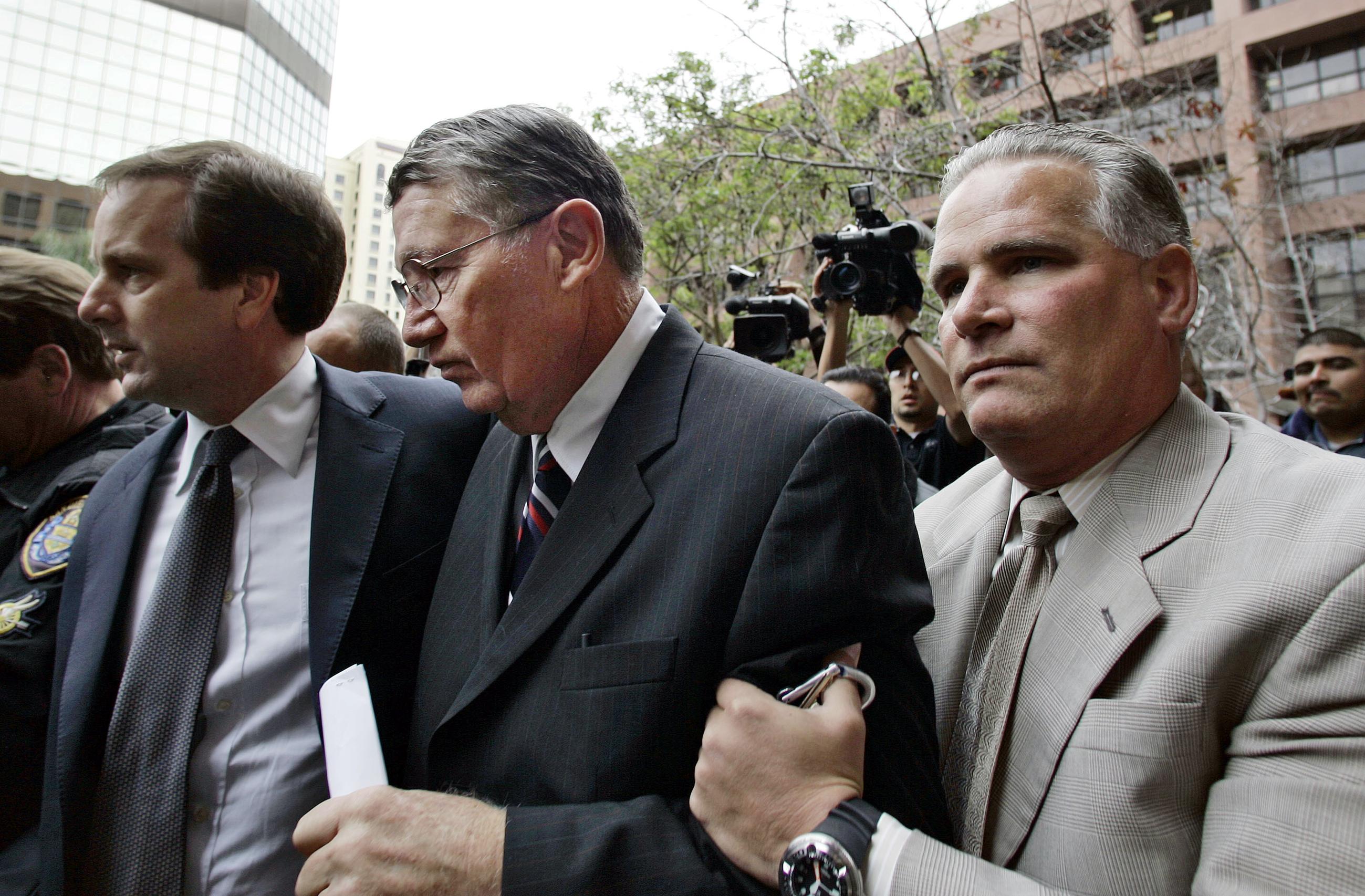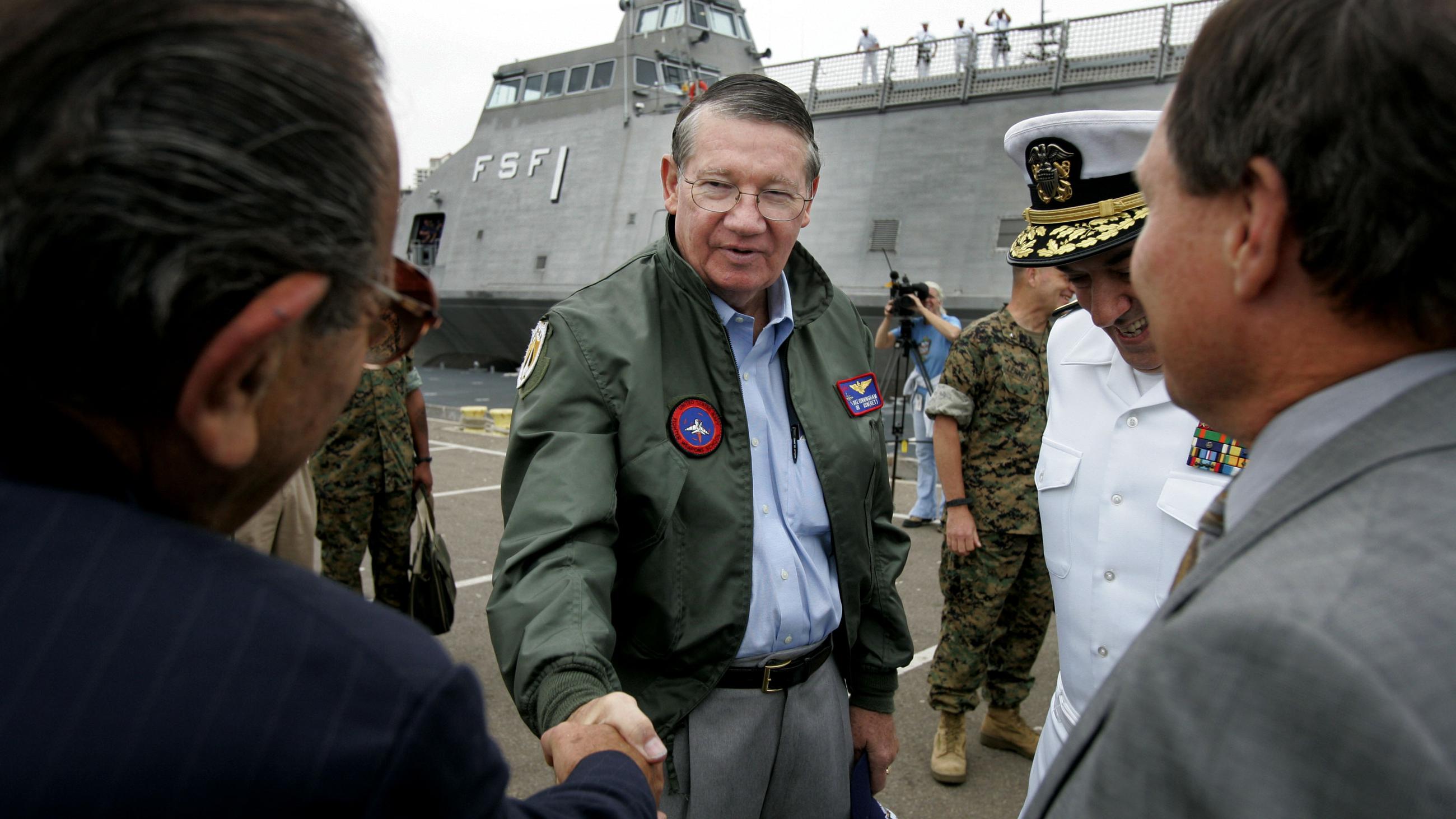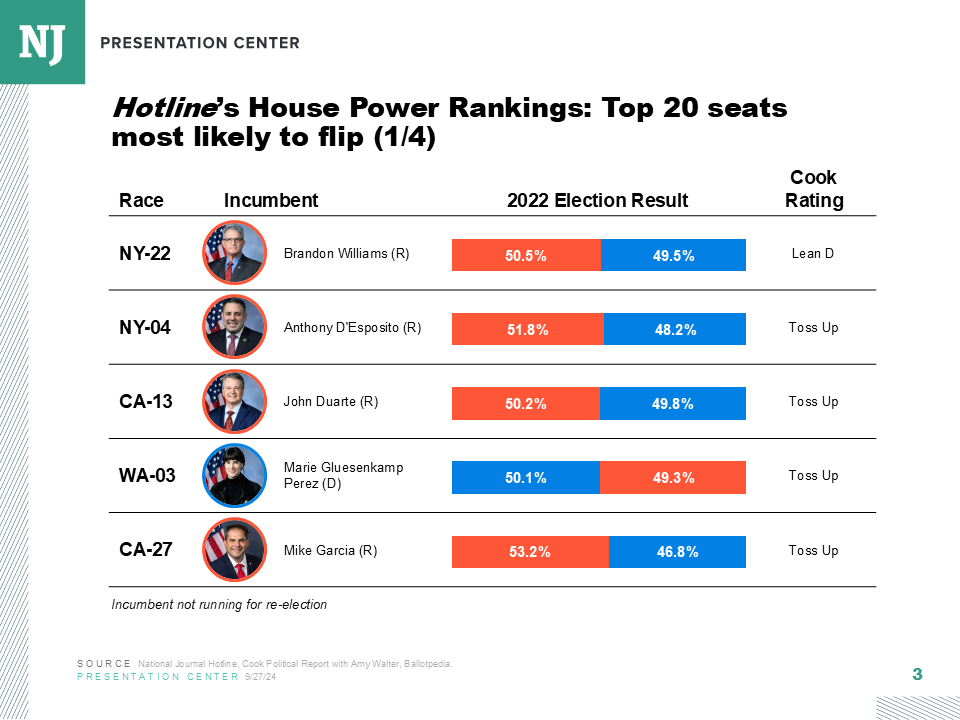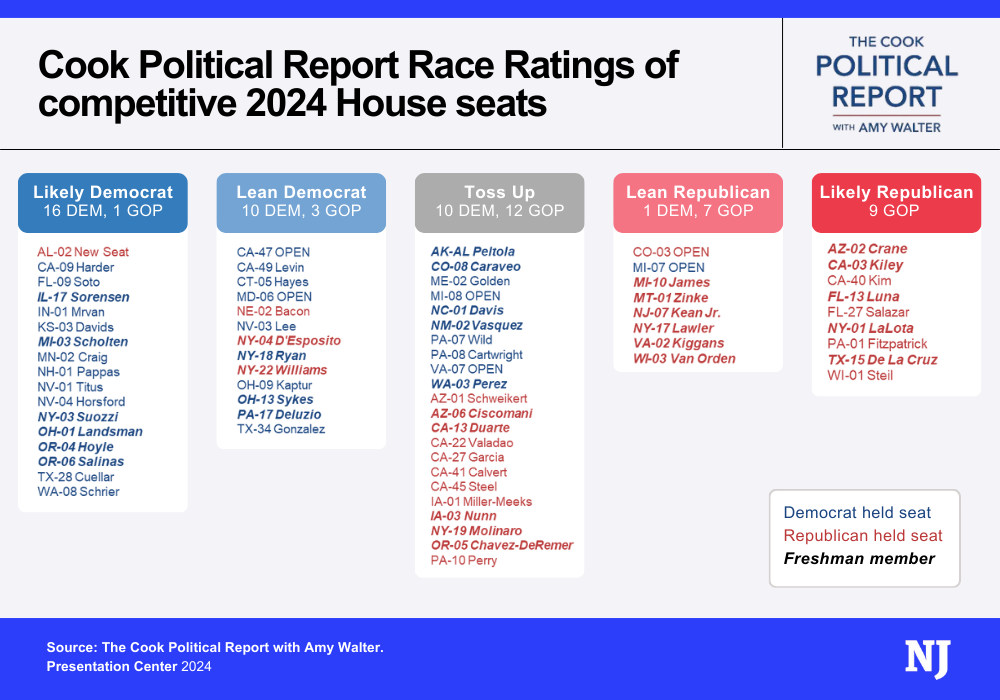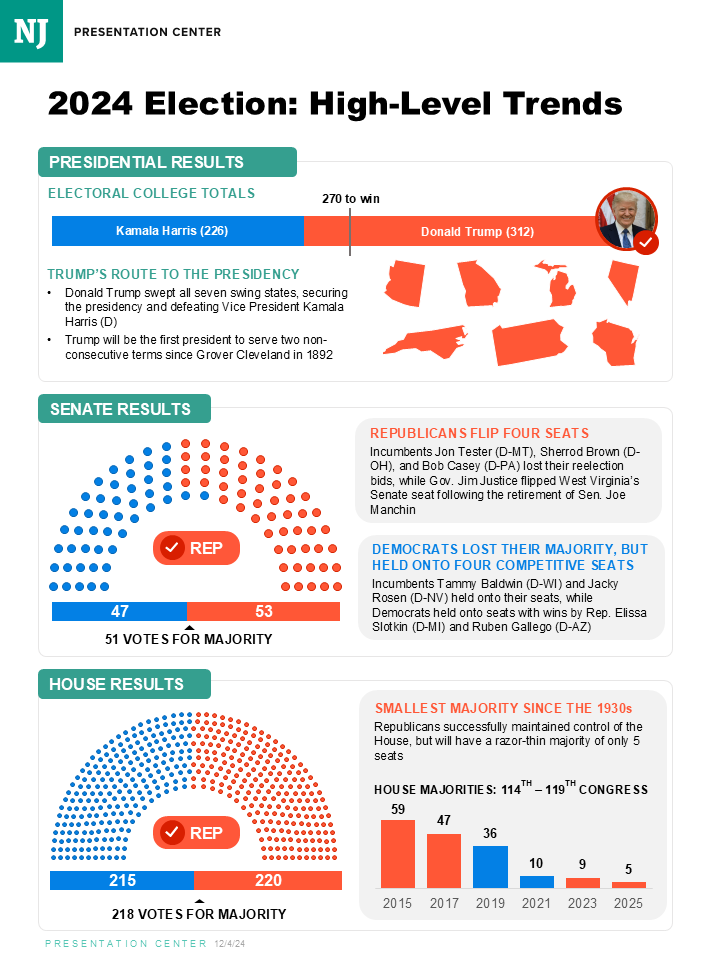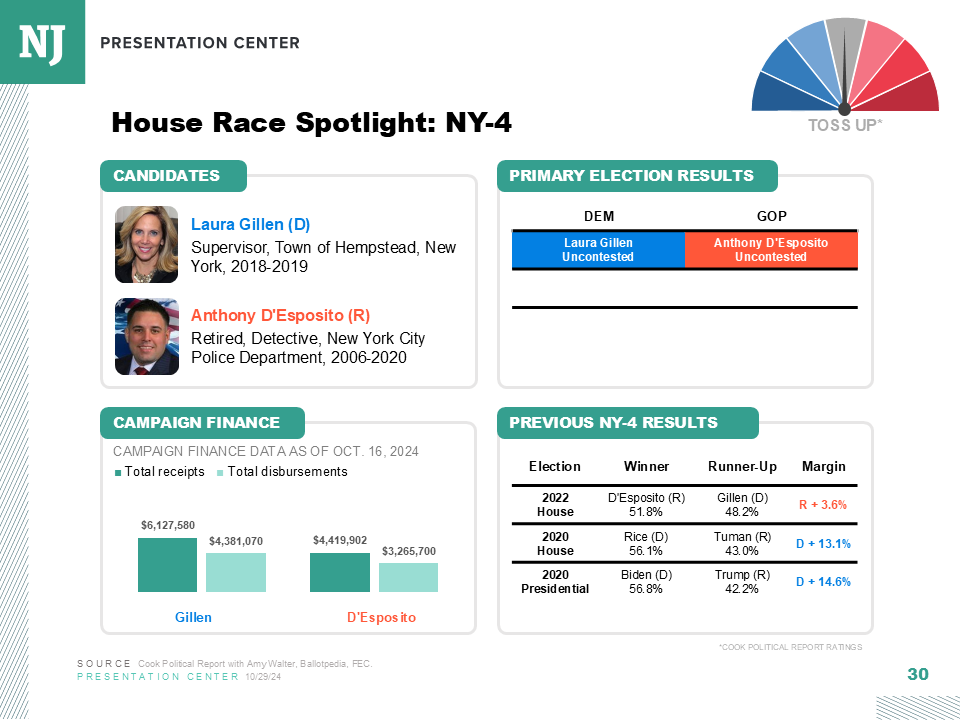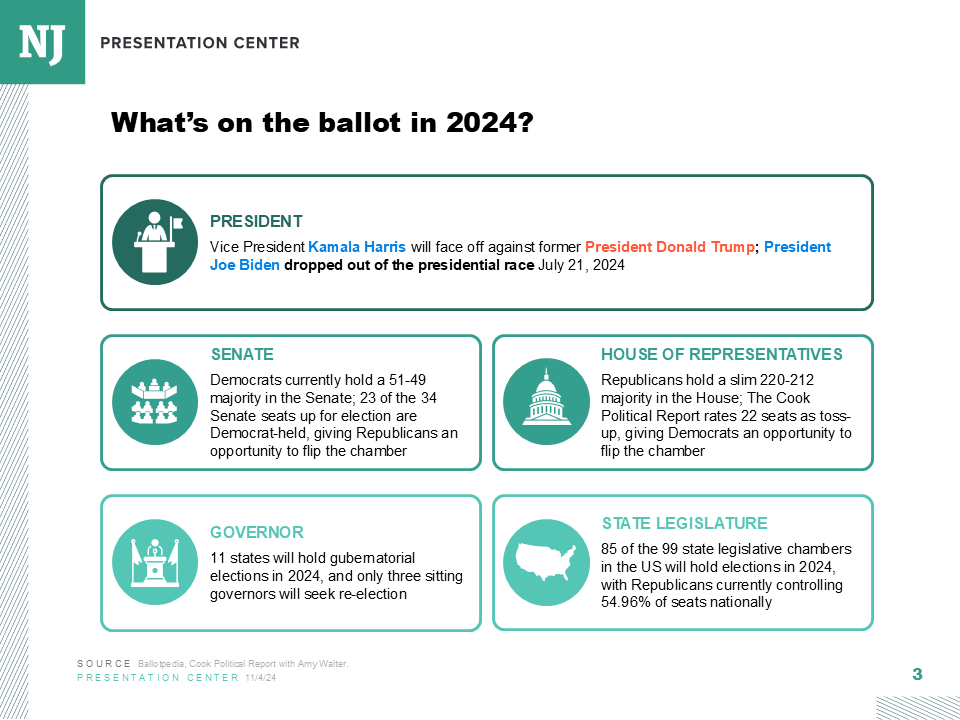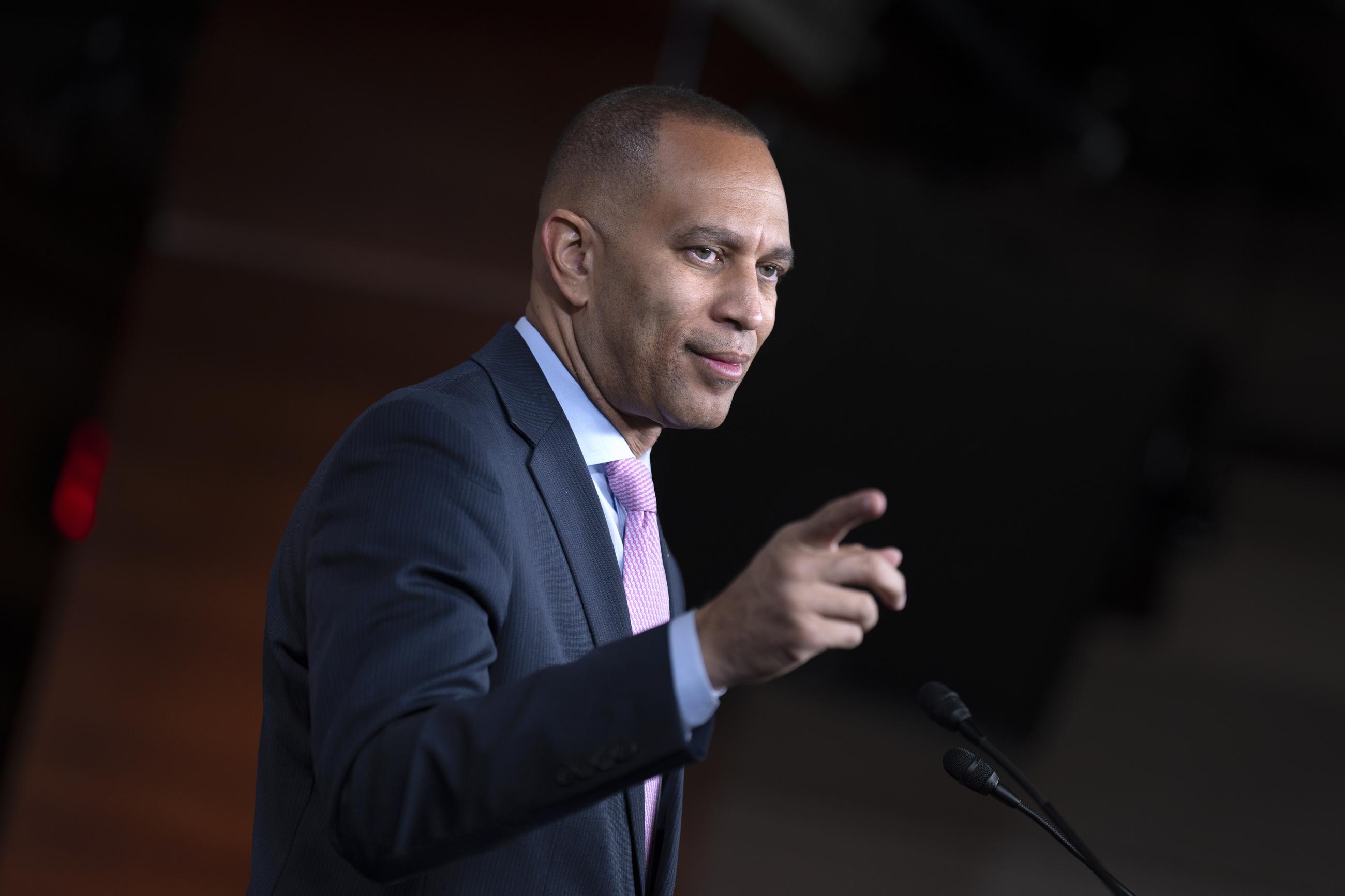Randall “Duke” Cunningham, who died last week at age 83, is remembered as both a very brave Navy pilot and a very crooked member of Congress. Both his exploits in the skies over Vietnam and his unmatched record of corruption are well-documented. Less well understood is that although his bullying, bragging, and bluster made him an unattractive figure anywhere, his dishonesty was learned in Washington, enabled by political leaders who turned a blind eye because they benefited from his celebrity.
His life, from playing football in small-town Missouri to dogfighting heroics in a foreign war to a teary downfall in a federal courtroom, was a tragedy in many acts. Moreover, it was a lesson in how the capital city can prey upon those who bring big appetites and manifest weaknesses to town.
Born in a California hospital whose windows were blacked out because of the Pearl Harbor attack the day before, he lived in Fresno before the family moved to Shelbina, Missouri. But his life really began on May 10, 1972, over Vietnam. The young fighter pilot awoke that day on the aircraft carrier Constellation worried that the war would end before he could get his third kill, and troubled by what he called a “Dear John” letter from his wife.
Despite his personal turmoil, he donned the all-black flight suit he had personally designed and had tailored in Hong Kong. With William Driscoll riding in the backseat as his radar intercept officer, he catapulted off the carrier’s deck shortly before noon in his F-4 Phantom, along with 31 other planes. At 12:54, he crossed the coast of North Vietnam, heading for Hai Duong, a key target. After dropping his cluster bombs, he engaged with two MiG-17s, downing one with a Sidewinder missile for Kill No. 3. Seconds later, another of his missiles downed a MiG-19 for Kill No. 4. Fewer than five minutes had passed since entering North Vietnam airspace and the dogfighting lasted only about two minutes.
But the real battle of the day came as he raced to safety off the coast. He found himself in an intense, two-and-a-half-minute battle with another MiG-17. Driscoll described it later as “a knife fight in a telephone booth.” After intense maneuvers that tested the capability of both planes, Cunningham fired a Sidewinder that found the MiG, which exploded near the tail. Kill No. 5.
He and Driscoll now were the first—and only—naval aces of the Vietnam War, a title bestowed only on those with five documented enemy kills. After a fraught return to the carrier, which included being shot down and ejecting from his damaged plane, Cunningham found that the life he had known was over. He was now a celebrity; and that celebrity status would be used first by the Navy and then by Republicans for their own ends.
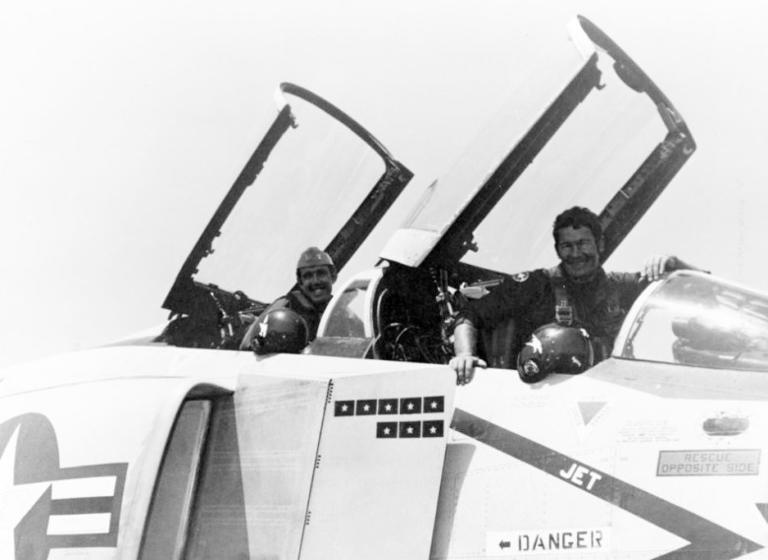
It started the very next day. Adm. Elmo Zumwalt, the chief of Naval Operations, raced onto NBC’s The Today Show to talk about Cunningham, calling it a “great day for the Navy and the country.” Cunningham attended the daily briefing in Saigon, where he was a hit. United Press International called him “a young Paul Newman.” Arriving back in San Diego five days later, he was greeted by a cheering crowd at 11 p.m.
A wearying but exhilarating national tour of speeches and TV appearances followed. “He always had a big ego,” said his wife at the time. “But it really went on steroids.” On Aug. 14, he invited a photographer to watch him affix vanity plates reading "MIG ACE" to his new Datsun 240Z sports car. The photo ran in papers around the country. The Navy enjoyed the positive PR but grew frustrated by Cunningham’s ego. According to author Gregory Vistica, the Navy wanted to punish him when he broke into a superior officer’s office to read performance reviews. But they backed off because of his celebrity.
The enabling of Cunningham was underway. “Randy got by with stuff like that throughout his career,” said Jack Ensch, a fellow Navy pilot who was shot down over North Vietnam and spent seven months as a prisoner of war. “So maybe it was the Navy that created this sense of entitlement he had in Congress.”
Among those watching the fuss over the new hero were Republicans looking for candidates to break Democrats’ almost four-decade grip on the House. Bob Dornan, Duncan Hunter, and Dan McKinnon entered his life—two members of Congress and an unsuccessful congressional candidate and owner of a country music radio station in San Diego. They set out to mold Cunningham into an electable politician. McKinnon introduced him to a new world filled with wealthy and influential people, including race-car drivers and country singer Johnny Cash. He lined up 230 speeches and radio/TV spots for Duke in 1987 alone.
Despite his celebrity, Cunningham was far from wealthy. His financial report showed he earned only $55,188 in 1989. That was the year Hunter and Dornan arranged for President Reagan to call and urge him to run for Congress. He said yes, and he won by one point over a scandal-plagued incumbent in 1990. His slogan: “A congressman we can be proud of.”
The election capped a pivotal time in the shaping of his character. Between becoming a war hero and being elected to Congress, he was coddled by his bosses, lionized by the public, taught how to market himself, shielded from the consequences of his mistakes, introduced to both Hollywood and politics, and—perhaps most important—given a look at how the rich lived.
Nothing changed when he went to Washington.
From the start, he was a star, frequently on television and often raising money for other Republicans, despite his rough edges. To the annoyance of many of his fellow veterans in Congress, he could not stop talking about his own Vietnam exploits, always carrying pictures of himself in his flight suit.
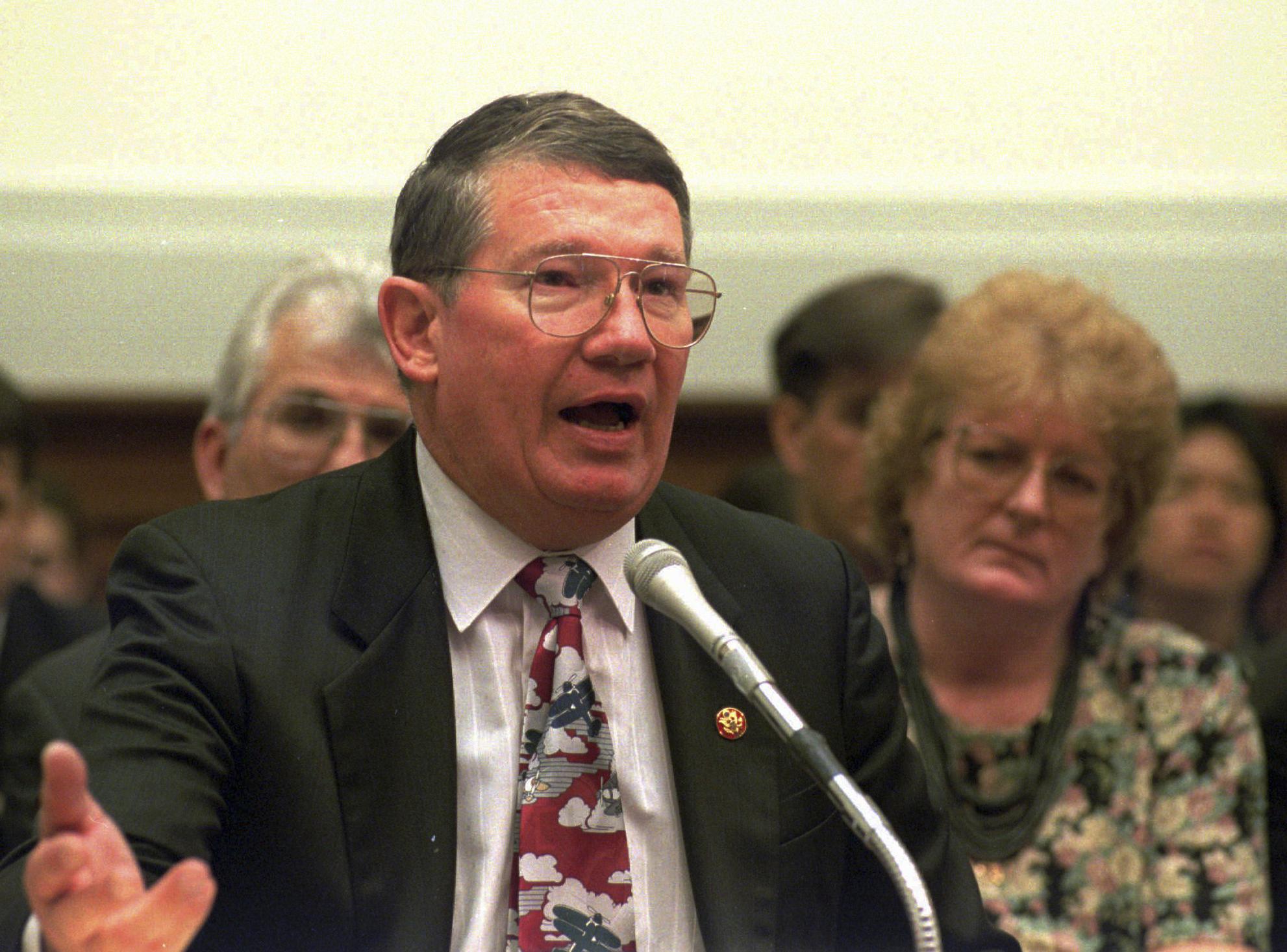
For Rep. Newt Gingrich, a man single-mindedly focused on turning the House Republican, all that mattered was Duke’s work for the party and the money he raised for other candidates. When the party Gingrich now led flipped the House for the first time in 40 years, he was ready to reward Cunningham with a spot on the Appropriations Committee, and, more importantly, the coveted Defense Appropriations Subcommittee. To do so, however, he had to override the objections of more-senior Republicans.
Chairman Bob Livingston of Louisiana hit the roof, telling Gingrich, “Hell, no!” He explained, “I thought [Cunningham] was pulling rank and jumping over a lot of guys who had served on appropriations a number of years and were dying to get on the defense subcommittee.”
Also miffed was Rep. Jerry Lewis of California, who would later become chairman himself. “He thought Duke was a meathead,” said one Capitol Hill insider. “There was universal chagrin on the committee because Duke was regarded as a loose cannon and a poor fit on the committee.”
Even Dornan had his doubts. He didn’t worry about corruption, but rather whether Cunningham was “smart enough for the job.’’
But Gingrich noted Cunningham’s claims to have raised more than $1 million for the party and campaigned for more than 60 candidates in the 1996 cycle. The appointment to the defense subcommittee came on Jan. 6, 1997. The Select Committee on Intelligence followed in 2001.
Both put Cunningham in a position to demand bribes from defense contractors and lobbyists. He became the master of the earmark. What followed was well-documented in the investigations that resulted in the longest prison sentence for any member of Congress up to that point: at least $2.4 million in bribes, including a Rolls-Royce, prostitutes in Hawaii and Washington, Super Bowl tickets, antiques, cash, concert tickets, ritzy vacations, hunting trips, a bribe laundered through the sale of his house, a down payment on a condo, a yacht, Persian rugs, jewelry, and a graduation party for his daughter.
The kicker was his so-called “bribe menu,” which Cunningham scrawled on a piece of congressional stationary, noting exactly what he expected in exchange for each contract or earmark he delivered.
After Copley News Service and The San Diego Union-Tribune uncovered the corruption in 2005, prosecution was swift. Cunningham was sentenced to eight years and four months in prison. He was ordered to pay $1.8 million to cover his back taxes, to forfeit $1.85 million of bribery proceeds, and to surrender the proceeds from the sale of the house in Rancho Santa Fe.
At his sentencing, on March 3, 2006, the former congressman was shockingly frail. Since the first story was published, his weight had dropped from 262 pounds to 185 pounds. The swagger was gone. In its place stood “a mentally tortured man,” according to McKinnon. Pleading with the judge, a gaunt Cunningham promised to spend the rest of his life “seeking to atone and seek forgiveness.”
That promise did not last long. Less than an hour after telling the judge that “no man has ever been more sorry” and insisting he had “accepted responsibility” for his actions, the backtracking began. The U.S. marshal overseeing his security heard Cunningham describe the prosecution as “a misunderstanding" and saying "he thought he was being ram-rodded into this.”
It was the start of a backpedal that lasted the rest of his life. Even after he was released from prison in 2013 and living in Arkansas, Cunningham continued to fight to restore his reputation. At the least, he wanted to regain his right to own guns, appealing to the judge who sentenced him that he needed firearms to hunt, make money in competitions, and protect himself from rabid cougars in the Ozarks.
He unsuccessfully appealed to President George W. Bush for a pardon. That would have to wait until the final minutes of Donald Trump’s first term. Of the many controversial pardons issued on January 20, 2021, Cunningham’s name stood out. Notably, even for Trump, his corruption was too egregious to merit the full pardon doled out to other Republican congressmen who had gone astray. The pardon for Duke was conditional; he still had to pay his back taxes and fines.
The pardon statement from the White House singled out one person who had lobbied the president, noting, “Former Speaker of the House Newt Gingrich strongly supports this pardon.”
The voters who put Cunningham in office certainly deserved better from him. But Cunningham himself may have deserved better from Gingrich and others in Washington who used this hero for their own ends.
Condon is co-author of The Wrong Stuff: The Extraordinary Saga of Randy "Duke" Cunningham, the Most Corrupt Congressman Ever Caught, in which some of this material first appeared.

